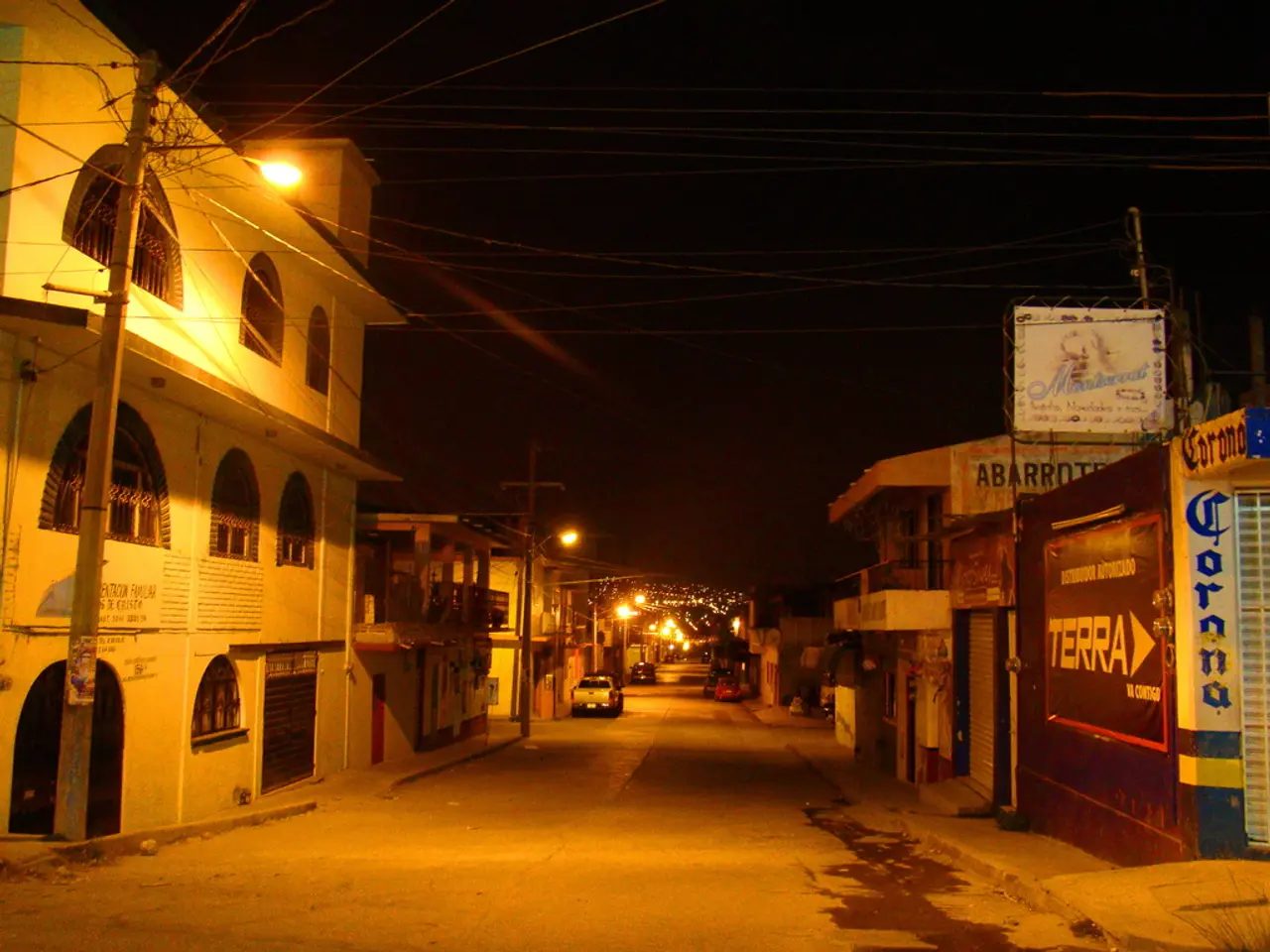Immigration processes initiated for foreign workers to counteract employment deficits
In an effort to alleviate the ongoing labour shortage in key sectors, Portugal has introduced the 'Green Route' for hiring foreign workers. This accelerated visa process, designed to process permits within 20 days, aims to quickly meet Portugal’s urgent demand for skilled and seasonal foreign workers.
Since the Green Route came into effect, a total of 493 immigrant visa applications have been submitted, primarily from the construction and agriculture sectors. The Association of Civil Construction and Public Works Workers (AICCOPN) has led the charge in the construction industry, submitting 113 applications with 48 visas granted so far. AICCOPN is also preparing another application for 137 more immigrant workers to address the labour shortage.
In the agriculture sector, the Portuguese Farmers' Confederation (CAP) has submitted 380 applications and has been granted 8 visas. Despite these efforts, the Tourism, Commerce, and Services sectors have not applied for visas under the Green Route due to their inability to meet the required accommodation standards.
The workforce recruited mainly comes from Cape Verde, Angola, Colombia, and Peru. The president of the CPCI, Manuel Reis Campos, expressed hope that the Green Route will help resolve or alleviate problems in the construction industry, which currently requires up to 80,000 workers at the current stage of the Recovery and Resilience Plan and Portugal 2030.
The Green Route is a protocol for hiring foreign workers, and its implementation marks a significant step in addressing Portugal's labour shortage. Álvaro Mendonça e Moura, the leader of the confederation, submitted 380 applications and received eight visas for the agriculture sector.
As the Green Route continues to evolve, it is expected that more sectors will follow suit in applying for visas to meet their labour demands. The accelerated visa process under the Green Route is a promising solution to Portugal's ongoing labour shortage, particularly in sectors that require a significant number of workers annually.
- The Tourism, Commerce, and Services sectors, which have not yet applied for visas under the Green Route, might face difficulties in meeting their labour demands due to the inability to meet the required accommodation standards.
- The Portuguese finance and business sectors could benefit from the success of the Green Route in alleviating labour shortages in key sectors such as construction and agriculture, potentially creating a similar process for addressing their own recruitment needs.
- With an estimated requirement of 80,000 workers at the current stage of Portugal's Recovery and Resilience Plan and Portugal 2030, the real estate and construction industry expect the Green Route to help tackle the ongoing labour shortage, fostering growth in both industries.




